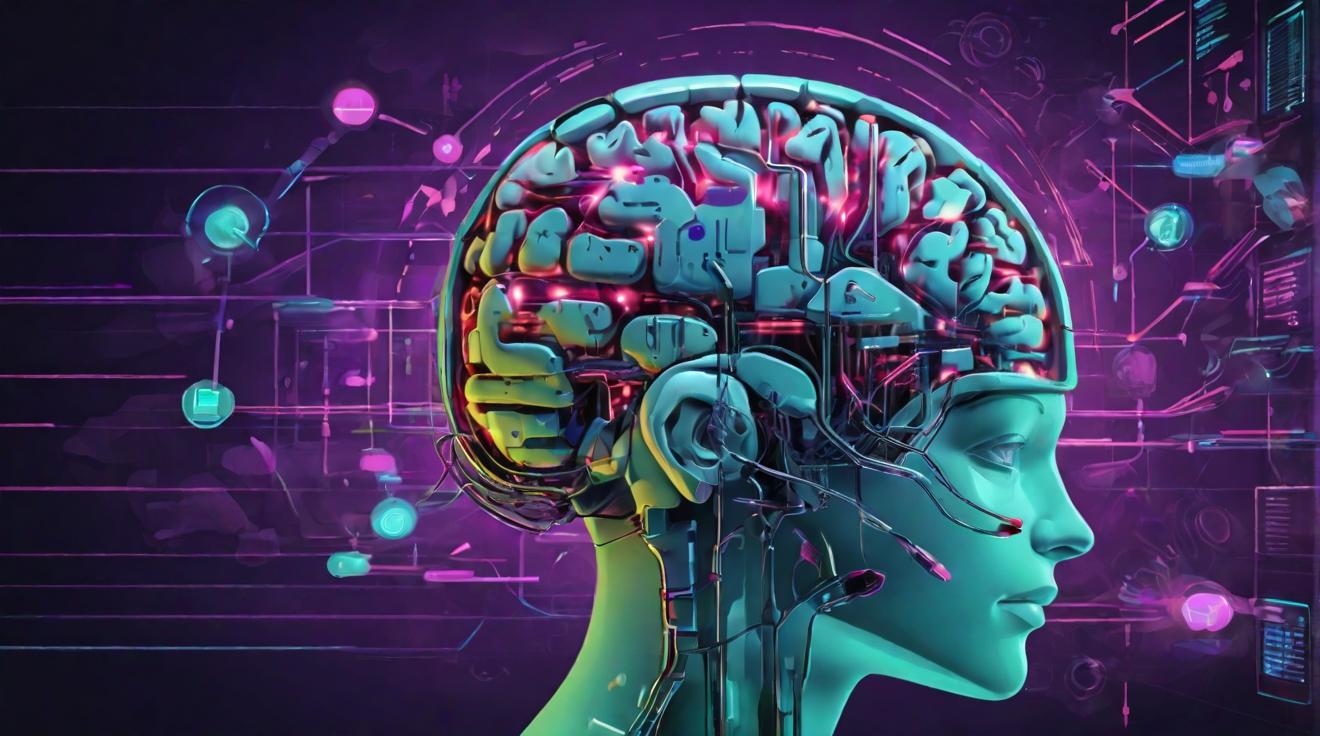Artificial Intelligence Revolutionizes After-Stroke Care in Hungary
In Hungary, stroke patients are benefiting from a groundbreaking artificial intelligence (AI)-based central decision support system, thanks to a generous grant from the European Union. The National Institute of Mental Health, Neurology and Neurosurgery (OMIII) implemented this innovative system to improve the care of stroke patients.
Stroke is the third leading cause of death in developed industrialized societies like Hungary and the primary cause of long-term disability. To prevent permanent neurological damage, timely circulatory intervention is crucial. Unfortunately, over 10,000 people in Hungary die each year from acute stroke, and survivors often require extended care. Therefore, access to urgent treatment and care for acute stroke patients is of utmost importance.
OMIII, known as one of Europe's busiest acute stroke intervention centers, serves almost half of the stroke patients needing intervention in Hungary. Dr. Loránd Erőss, OMIII's Chief Medical Director, explains, "The right therapeutic decision can only be made based on imaging findings, typically a CT scan of the skull. To ensure a speedy and accurate decision across the country, our institute established a central decision support system funded by the EU."
Under this system, completed CT scans from participating hospitals are transmitted securely via the internet to a central evaluation server. There, an AI-based software evaluates the scans and sends the results back to both the sending hospital and the institution responsible for carrying out the necessary intervention in case of arterial blockage.
OMIII's system covers 38 stroke centers through a network involving 28 hospitals and another recently extended network of 10 institutions operating from a center in Pécs. This comprehensive coverage is unmatched by any other European country.
Since its launch in October 2022, the system has been analyzing an average of 6-8,000 CT scans per month since March 2023. In the past year alone, the AI-powered analysis has evaluated 38,060 CT scans of 16,276 patients. Impressively, the system processes each scan in just 10 minutes, with a total processing time of two minutes. As a result, the institute has successfully reduced the time from the initial ambulance call to the patient's arrival at the final care destination by 30 minutes in just one year.
Thanks to this pioneering AI-driven system, stroke patients in Hungary now have better access to timely and accurate care, leading to improved outcomes and a higher quality of life for survivors. As technology continues to evolve, more countries may consider adopting similar systems to enhance their after-stroke care protocols.
Analyst comment
Positive news. The implementation of an AI-based central decision support system in stroke patient care in Hungary is improving access to urgent treatment and care. The system, funded by an EU grant, has been operational since October 2022 and has reduced the time from ambulance call to arrival at the final place of care by 30 minutes in one year. Market impact: Increased adoption of AI-based systems in healthcare for stroke care and potential expansion to other European countries.













